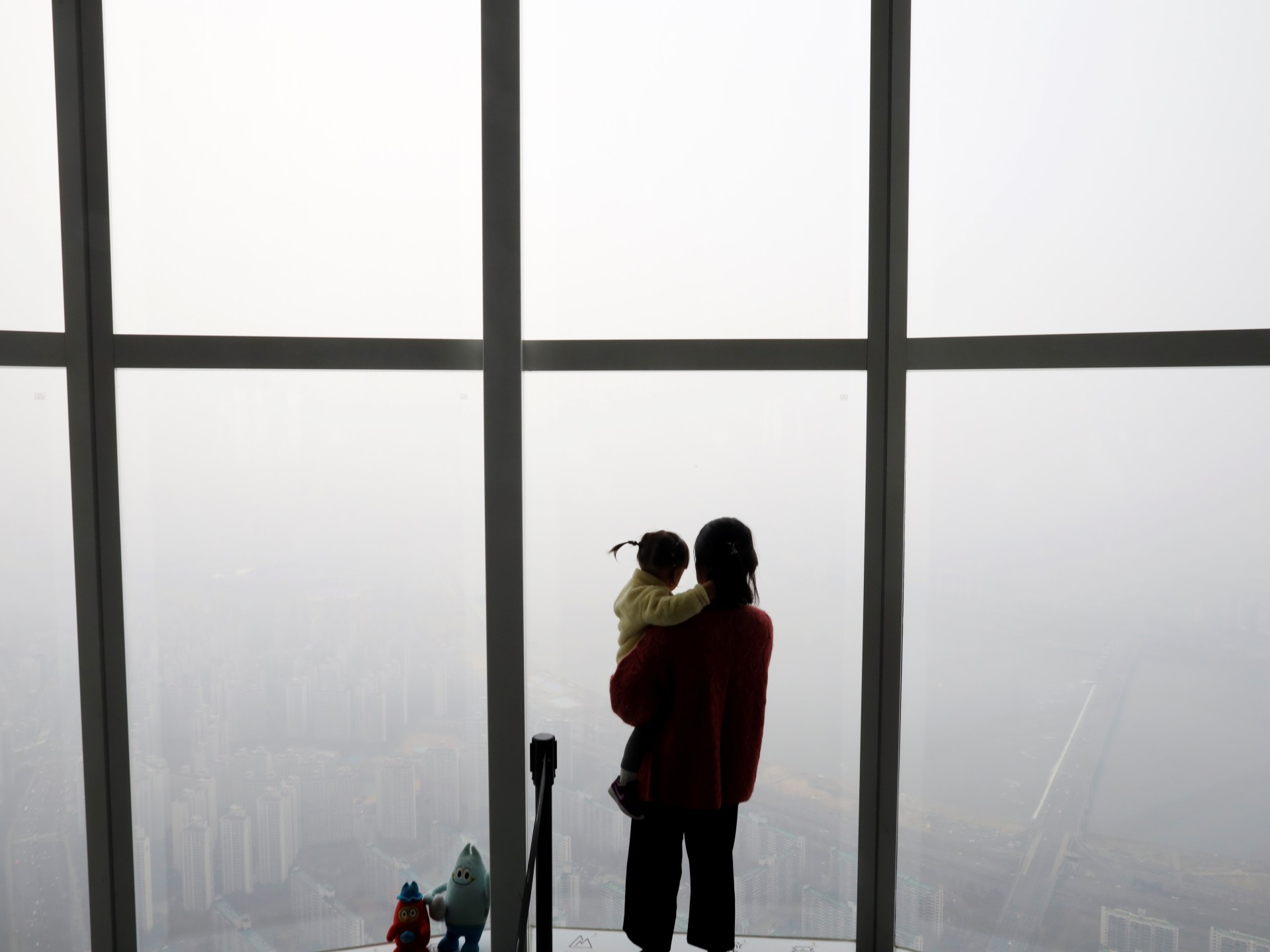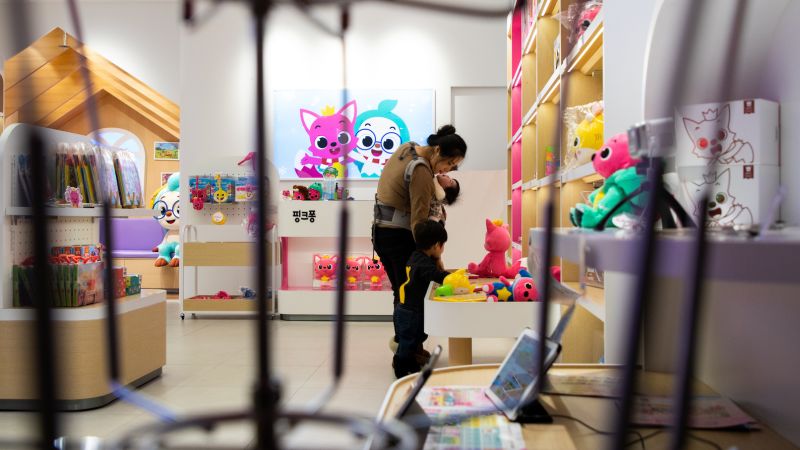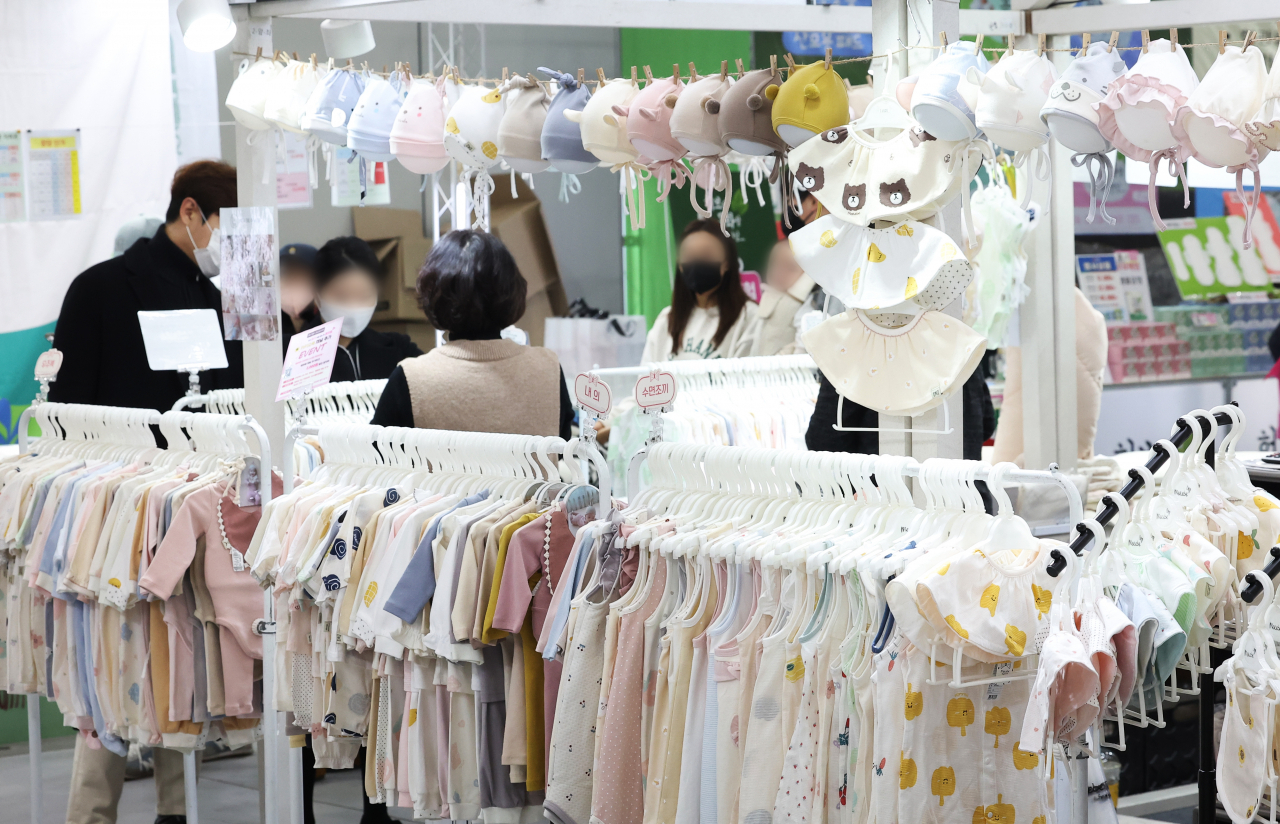SKorea: Birth Rate Falls to Record New Low

The Facts
Data from Statistics Korea showed on Wednesday that South Korea's fertility rate, the lowest in the world, dropped further last year — from 0.78 to a record low of 0.72 per woman during her reproductive life.
This comes as the quarterly rate consistently declined through 2023, from 0.82 in Q1 to a fresh low of 0.65 in Q4, with less than 230K births registered in the country — down 7.7% from 2022.
The Spin
Conservative narrative
Spending hundreds of trillions to try to boost birthrates will remain an ineffective policy as long as the government fails to address the well-known root causes of South Korea's depopulation emergency. Young Koreans have refrained from having kids — and even marrying — due to the lack of quality jobs and affordable homes, as well as education costs. Once these issues have been tackled, births will naturally boom.
Progressive narrative
It's certain that high living costs and a tough job market do affect South Korea's fertility rate, but the main driver of the current depopulation trend has been women fed up with suffocating traditional gender norms and sexism in the country. While some argue that feminism is the problem here, actually, gender equality is the key to solving the demographic crisis. The "birth strike" will end when life is fairer and safer for women.




